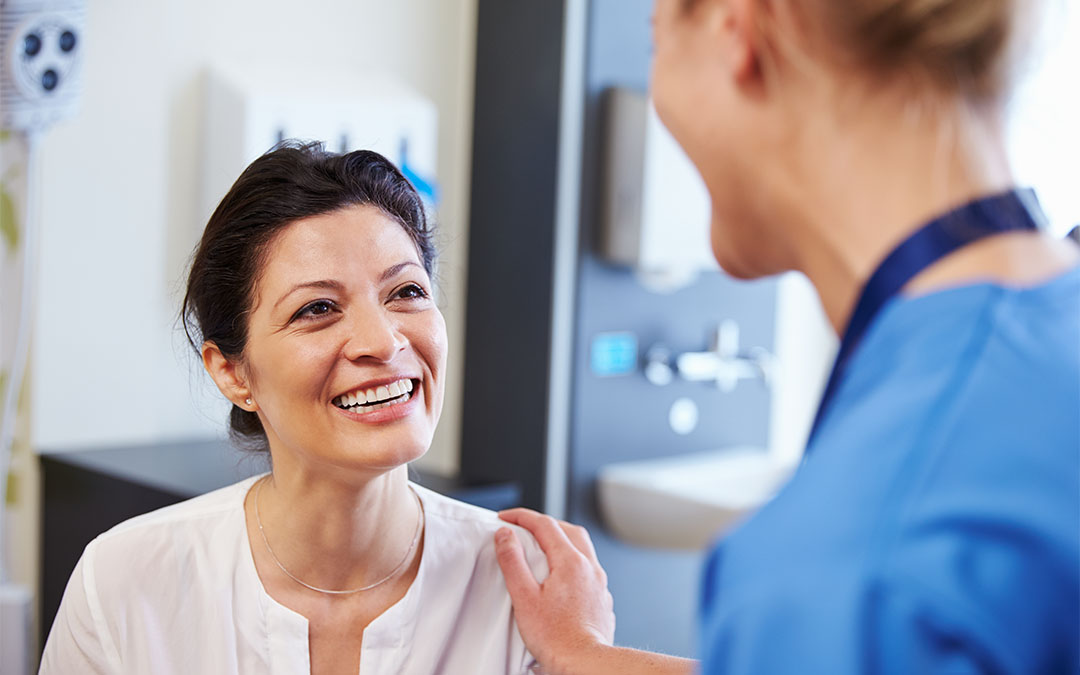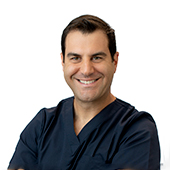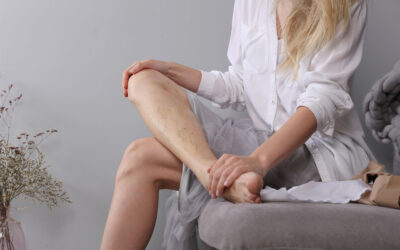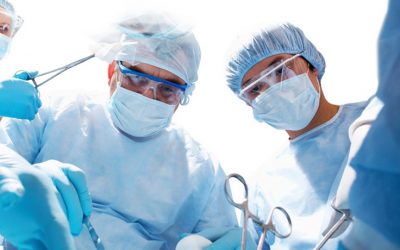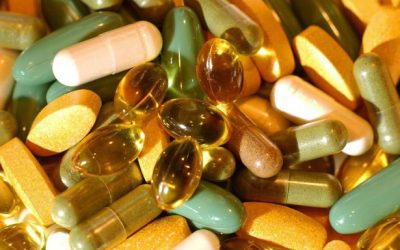For a long time, there was only one way to reduce varicose veins. It involved surgery to remove the problem section of the vein and tying off the ends (known as vein stripping). But the disadvantage of this technique was an overnight hospital stay, potential complications from general anaesthesia and invasive surgery, scars on the legs, and a high rate of recurrence (veins coming back).
There are other options today that are non-invasive. The type of vein problem you have will determine the options that are available to you.
Let’s look at the best treatments for varicose veins available today.
Sclerotherapy
This involves injecting a special solution into the affected vein that results in a biochemical reaction along the vein wall. The result of this reaction is that the vein will collapse instantly and harden over, known as sclerosis (from which the word sclerotherapy is derived). The vein will gradually fade away over several months as the body absorbs it into the system.
Ultrasound Guided Sclerotherapy (UGS)
Like direct vision sclerotherapy, the ultrasound guided version also involves injecting a sclerosant solution into the diseased vein. However, with UGS an ultrasound is used to accurately place the injecting needle into the problem vein, delivering the solution exactly where it needs to go. Ultrasound guidance has increased the success and safety of sclerotherapy and has helped usher in a new and higher standard of varicose vein therapy.
Endovenous Laser Ablation (EVLA)
EVLA is an excellent alternative to traditional invasive surgical vein stripping. It is used to treat the large, internal saphenous veins (great and small saphenous veins) that often feed the surface veins seen with the naked eye. EVLA is a simple procedure, performed under local anaesthetic and uses ultrasound guidance to place a laser fibre inside the problem vein. When the laser fibre is activated, it damages the interior wall of the vein, making it collapse on itself and seal closed. Unlike vein stripping, EVLA does not leave behind scars.
Radiofrequency Ablation (RFA)
Radiofrequency ablation is very similar to EVLA in that involves heating the saphenous veins from within. It is also performed under local anaesthetic with no scarring or downtime. Generally speaking, patients will experience less discomfort with RFA than EVLA as the vein is heated more gently with the use of electromagnetic waves instead of laser energy.
VenaSeal Medical Adhesive Glue
The latest revolution in vein treatments, medical adhesive glue, does not rely on heat or biochemical reactions within the vein. Instead, it rapidly and permanently glues the vein shut, completely sealing it off and stimulating a permanent hardening process along the length of the vein. In our experience, VenaSeal Glue can be considered the least invasive, least traumatic of the new age technologies.
According to the NICE guidelines, patients who have reflux in the great saphenous veins would benefit from endovenous laser ablation or radiofrequency ablation. Even though these veins can be treated with ultrasound guided sclerotherapy, endovenous ablation in the majority of cases, is much more definitive with a better long-term outcome.
Natural varicose vein treatment
If you spend any time researching varicose veins online, you’ll find many lotions, supplements, and natural remedies claiming to cure varicose veins and spider veins. So, will we be suggesting any of them as best treatments? No. Why? They don’t work.
Most claims about nutritional supplements helping to relieve the symptoms of varicose veins are flavonoids (food extracts) like Grape Seed Extract, Horse Chestnut Extract, Pot Marigold, Prickly Ash, and Butcher’s Broom Root. However, a systematic review of studies found that there is little-to-no efficacy of these supplements on the symptoms of varicose veins, and they are certainly not a permanent treatment for diseased veins.
Get your veins done
Our in-clinic treatments address the diseased veins directly, following a thorough examination and ultrasound mapping of the vein tributaries. Dr Paraskevas will select the right treatment technique for you based on the diameter, location, and severity of your varicose veins or spider veins.
Varicose veins do not heal on their own, they will require medical intervention. When they are left untreated, they can deteriorate, leading to more and more painful symptoms. Severe vein disease may lead to complications such as blood clotting, swelling, skin barrier breakdown/open sores, and infections. Read more about it here.
Key Takeaways
- The best treatments for varicose veins include sclerotherapy, ultrasound guided sclerotherapy, endovenous laser ablation, radiofrequency ablation, and VenaSeal medical glue. A phlebologist can choose the right treatment for you.
- Natural remedies and supplements have not been proved to provide effective relief or healing for varicose veins or spider veins.
- Varicose veins need to be treated with medical intervention as they do not heal on their own.
- A careful assessment of your venous problem, with an ultrasound examination and discussion with your phlebologist is the best way of determining which treatment is best.

